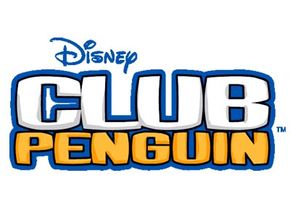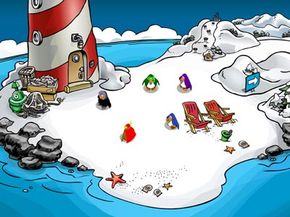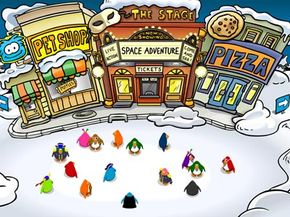The possibilities are seemingly endless for users of social networking Web sites. Not only can you share information with online communities all over the world; but sometimes you can even create a new identity and live vicariously through your own alter ego. Virtual destinations like Second Life let people make up their own avatar -- a person's digital representation of him or herself. For some, this is just harmless fun, an opportunity to express another side behind the privacy of a computer screen. Others, however, use the open nature of the Internet to conceal or falsify certain parts of identity, sometimes for questionable purposes.
And that's exactly what scares some concerned parents. With computers becoming practically ubiquitous both at home and in the classroom, children are spending more and more time not just in front of the computer screen but online. Worry over potential scenarios like online predators or even online bullying have parents unsure about how much they should monitor their kids' internet activities.
Advertisement
So, many parents might throw their hands up in the air and ask: Is there anywhere safe where my kids can go online? Is it possible for children to spend time on a Web site, either playing games or socializing with friends, without sacrificing personal information and safety?
Club Penguin, the virtual online community where members can select, modify and control their own cuddly penguin avatar, offers itself as an answer to this tricky problem. On Club Penguin there's a big emphasis on safety, which the company hopes will calm parents. The site was purchased by Disney in 2008 for $700 million, and their main target is kids between the ages of 6 and 14 -- the group now known to advertisers and companies as "tweens." And since the site's origin in 2005, it's grown into quite a large group. In fact, in 2007 the company reported more than 12 million members.
So how does Club Penguin work? Is it free, or is there some kind of membership for which tweens need to ask parents permission?
Advertisement






